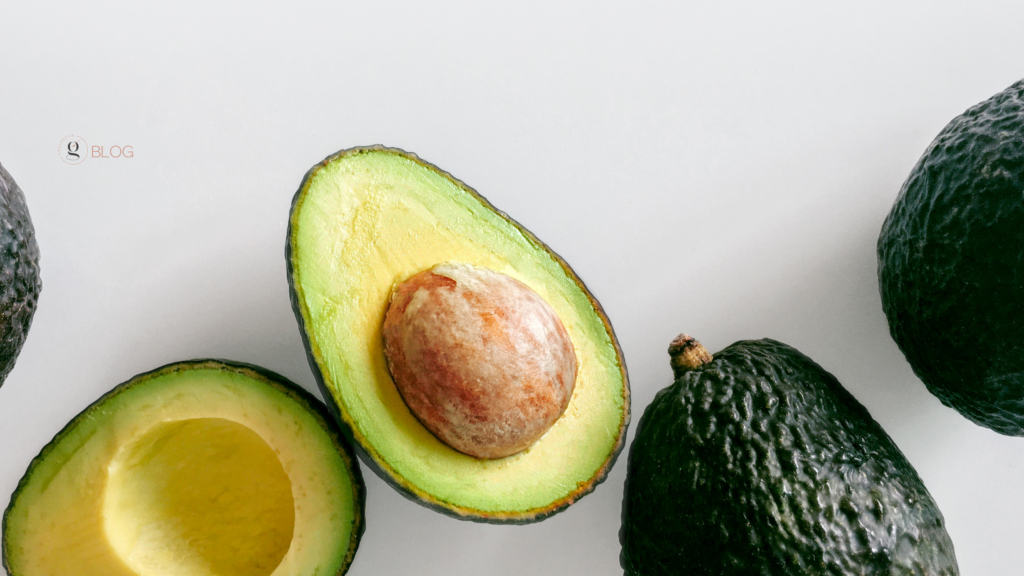Sleep And Nutrition: 5 Key Nutritional Tips For Improving Sleep Quality

In the hustle and bustle of modern life, it’s easy to overlook the importance of sleep. Yet, it is one of the pillars of good health and well-being. Adequate sleep not only rejuvenates the body but also plays a crucial role in cognitive function, mood regulation, and overall quality of life. Many experts recommend that adults should sleep between 7-9 hours per night. Surprisingly, one often overlooked factor influencing sleep quality is nutrition.
What you eat and drink can significantly impact your ability to fall asleep and stay asleep throughout the night. In this article, we’ll delve into the intricate relationship between sleep and nutrition, uncovering 5 key nutritional tips to help you improve your sleep quality.
1. Mindful Consumption Of Caffeine
Caffeine, found in coffee, tea, chocolate, energy drinks, loaded teas, and certain medications, is a well-known stimulant that can disrupt sleep patterns. While its energizing effects can be beneficial during the day, consuming caffeine too close to bedtime can interfere with your ability to fall asleep. The FDA states that generally speaking, consuming 400mg of caffeine per day for healthy adults is not associated with negative side effects. Keep in mind that the amount of caffeine varies widely in beverages. There are some signs and symptoms you can look out for to know if you are possibly consuming too much caffeine. Watch out for these and consult your doctor if you have questions:
- Insomnia
- Jitters
- Fast heart rate
- nausea/upset stomach
- Headache
- anxiousness
To optimize sleep quality, consider limiting caffeine intake in the afternoon and evening hours. You may even consider limiting caffeine to approximately 8 hours before bed to ensure better sleep quality. Be mindful of hidden sources of caffeine and opt for decaffeinated alternatives when possible.
2. Balanced Evening Meals
The timing and composition of your evening meals can influence your sleep quality. Consuming large, heavy meals close to bedtime can lead to discomfort and indigestion, making it difficult to relax and fall asleep.
Instead, aim for lighter, well-balanced meals that include lean proteins, complex carbohydrates, and healthy fats. Incorporating foods rich in tryptophan, such as turkey, chicken, nuts, and seeds, may promote the production of serotonin and melatonin, hormones involved in sleep regulation.
3. Hydration Habits
Proper hydration is essential for overall health, but the timing of your fluid intake can impact sleep quality. While it’s important to stay hydrated throughout the day, reducing fluid intake in the hours leading up to bedtime can help minimize nighttime awakenings due to bathroom trips.
Additionally, be mindful of consuming caffeinated or alcoholic beverages close to bedtime, as they can have diuretic effects and disrupt sleep patterns. Many people may think drinking alcohol right before bed may help you to fall asleep, but it is associated with experiencing poor quality sleep. Experts recommend avoiding alcohol at least 3 hours before bed.
4. Optimal Vitamin And Mineral Intake
Certain vitamins and minerals are key in sleep regulation and quality of sleep. Magnesium, for example, is involved in melatonin production and has been linked to improved sleep efficiency.
Foods rich in magnesium, such as leafy green vegetables, nuts, seeds, and whole grains, can be beneficial additions to your diet. Similarly, adequate intake of vitamin B6, found in poultry, fish, bananas, and chickpeas, is essential for the synthesis of neurotransmitters involved in sleep regulation.
5. Herbal Allies For Sleep Support
In addition to dietary adjustments, incorporating certain herbs and botanicals into your evening routine may promote relaxation and improve sleep quality. Chamomile tea, for example, has long been prized for its calming properties and may help ease anxiety and promote restful sleep.
Other herbs, such as valerian root, passionflower, and lavender, have also been traditionally used to support healthy sleep patterns. Experiment with different herbal remedies to find what works best for you.
Better Sleep is Near
In conclusion, the relationship between sleep and nutrition is undeniable. By making thoughtful dietary choices and incorporating these 5 key nutritional tips into your routine, you can optimize your sleep quality and wake up feeling refreshed and rejuvenated. Remember, small changes can yield significant results when it comes to sleep hygiene and overall well-being. For more wellness insights and tips on optimizing your lifestyle, schedule a session with one of our team members today!
Sweet dreams await!







Responses